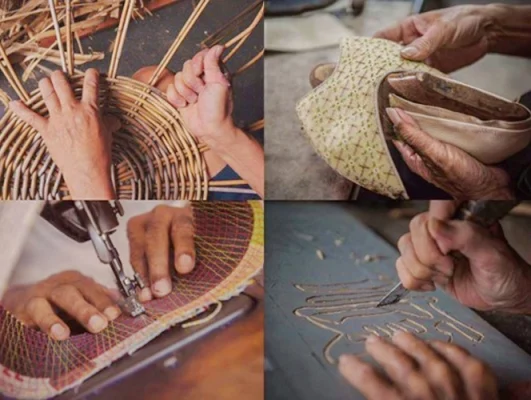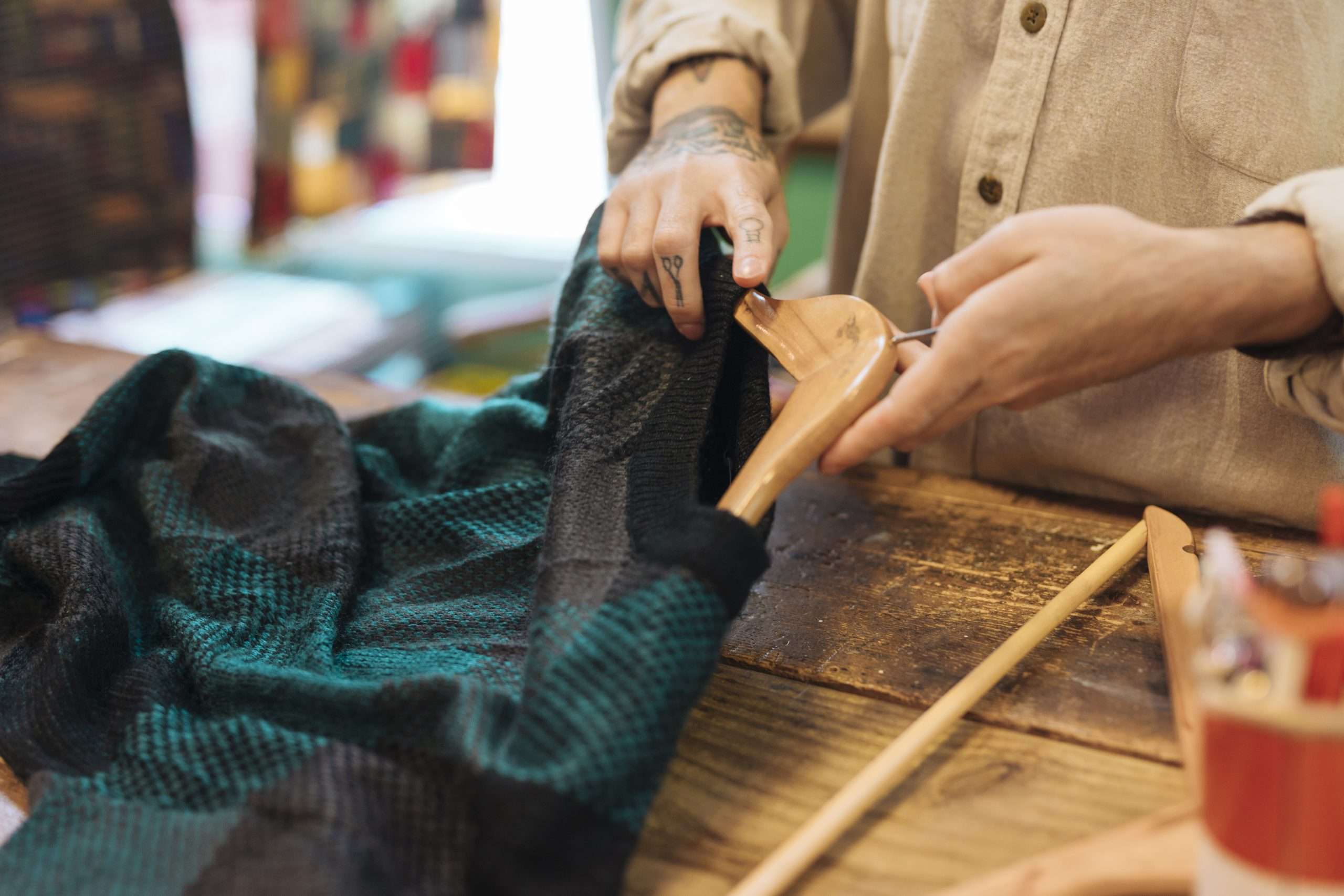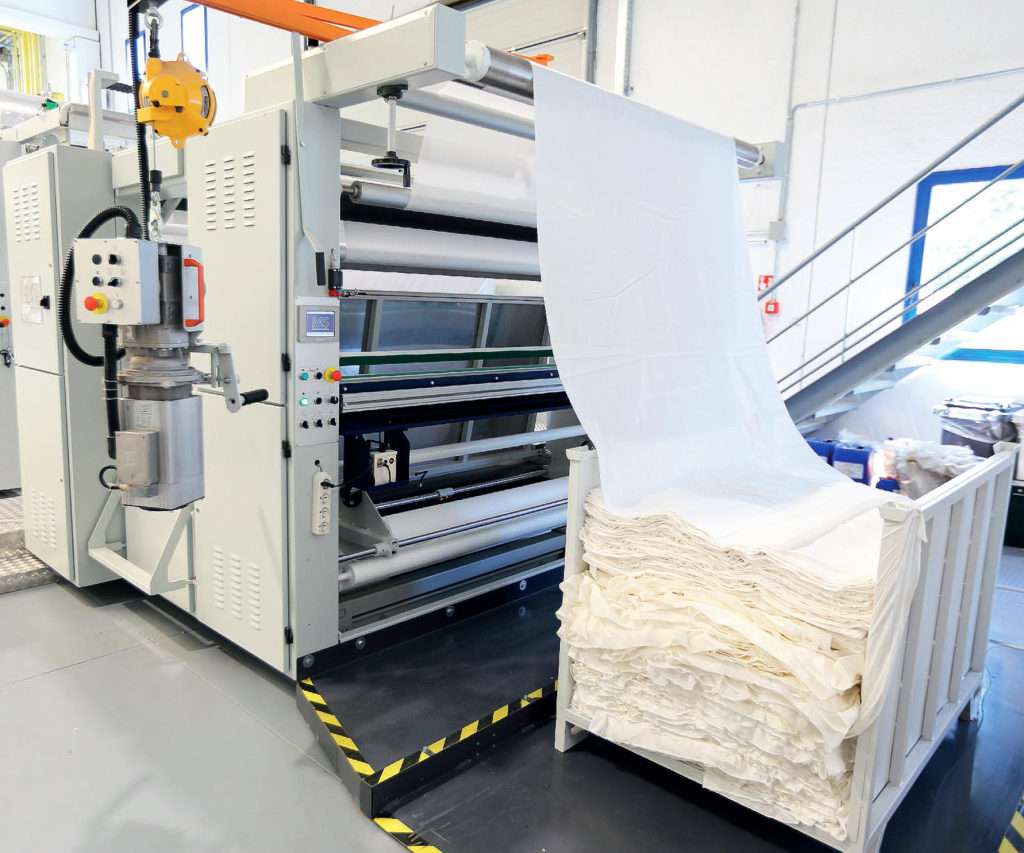The significance of craftsmanship in knitwear manufacturing and exporting cannot be overstated. Therefore, Quality craftsmanship is essential for high-quality knitting products, cost savings, and improved brand recognition. A combination of quality materials and skilled craftsmanship ensures the success of knitwear manufacturing and exporting.
Craftsmanship is an art that has been discovered and perfected over time. For instance, Quality is fundamental for producing high-quality spin-offs that stand the test of time.
Role in Manufacturing and Exporting
Quality craftsmanship is introductory for producing cost-saving quality products. Quality fabrics ensure that the finished product meets the highest standards. After that, it helps to diminish the risk of defects, which reduces cost and improves overall product quality. Quality helps to improve brand recognition that stands out from the competition. It also helps to build customer loyalty, trust, and confidence in the brand.
Crafting knitwear with quality materials and careful attention to detail can make all the difference in the quality of the final product. So, here’s what you need to know about the benefits of knitting with quality.
- First, quality materials can make all the difference in wearability, durability, and comfort. The right material holds up to wear and tear much better than cheaper alternatives and is more comfortable to wear.
- Second, careful attention to detail is essential to achieving the preferred look and sense of the garment. Secure stitching can help ensure the garment looks professional and polished.
- Finally, crafting with quality materials and careful attention to detail can be incredibly satisfying. knitwear manufacturers could be a time-consuming process, but its worth is in the fate.
The Challenges of Crafting Knitwear
Following are the challenges faced while manufacturing the knitwear:
- Labour Cost – Quality craftsmanship requires skilled craftspeople, which can be costly and expensive.
- Access to Raw Materials – Access to quality materials, threads, and other materials, which can be difficult to source.
- Time-Consuming Process – Quality craftsmanship requires a requires careful attention, and a high level of skill, which can be time-consuming.
Crafting with Quality in Mind
Understanding the entire process, from the choice of materials to the finishing touches, is necessary for quality craftsmanship. Considering the materials, gadgets, and processes used is required for quality craftsmanship. It takes a lot of expertise and experience to produce high-quality work. It needs control, which guarantees that the finished product satisfies the highest requirements for durability and quality. By helping to ensure that the product is of the highest quality and satisfies the customer’s expectations, quality assurance.
The Benefits of Quality Manufacturing
Understanding the entire process, from the choice of materials to the finishing touches, is n
Improved quality is important in crafting knitwear for several reasons:
-
Consistent Product:
Quality of goods ensures that each knitwear item meets the desired standards, resulting in consistent product quality that builds customer trust.
-
Customer Satisfaction:
Fulfilling the exact needs of manufacturing helps identify and rectify any issues or defects. These are tackled early in the production process that leads to higher satisfaction and repeats business.
-
Enhanced Brand Reputation:
A strong brand reputation is based on quality products. The quality of a product contributes to a positive brand image, leading to increased sales and brand loyalty.
Improved quality is important in crafting knitwear for several reasons:
-
Consistent Product:
Quality of goods ensures that each knitwear item meets the desired standards, resulting in consistent product quality that builds customer trust.
-
Customer Satisfaction:
Fulfilling the exact needs of manufacturing helps identify and rectify any issues or defects. These are tackled early in the production process that leads to higher satisfaction and repeats business.
-
Enhanced Brand Reputation:
A strong brand reputation is based on quality products. The quality of a product contributes to a positive brand image, leading to increased sales and brand loyalty.
The Impact of Quality on Brand Recognition
Reputation is one of the most important factors for any organization. It helps to ensure that the product meets the customer demands of the highest quality. Quality management builds a positive reputation for the brand and helps to attract new customers.
Customer loyalty helps to meet the customer’s need for quality. In other words, the department of Quality Control helps to build trust and confidence in the brand by providing a consistent product experience.
Conclusion
Producing high-quality knitted items, achieving cost savings, and enhancing brand awareness all depend on great loyalty and quality control. Therefore, pillow cases and exporting success are largely dependent on high standards of creativity and quality assurance. Craftsmanship quality makes certain the final product is of the greatest caliber and satisfies the requirements of the consumer, which helps to increase brand recognition and customer loyalty.



